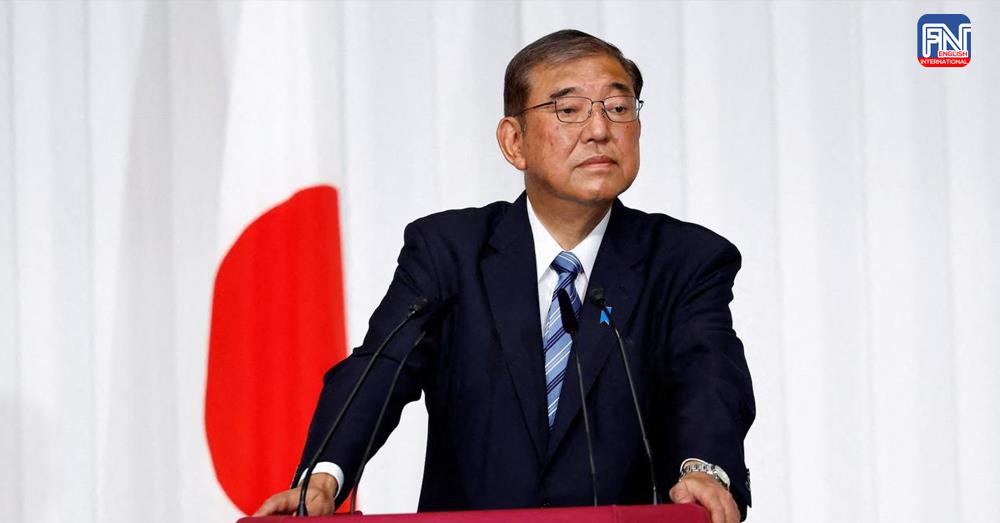TOKYO, Nov 7 (Reuters) - Japanese Prime Minister Shigeru Ishiba is trying to arrange a stopover in the United States later this month to meet with U.S. President-elect Donald Trump, four sources with knowledge of the matter said.
Late Japanese premier Shinzo Abe was the first foreign leader to meet with Trump after his victory in the 2016 election and the pair went on to forge a close personal relationship that helped defuse several contentious issues between the allies.
Three of the sources, who declined to be identified due to the sensitivity of the matter, said Japan was aiming to arrange the meeting between Ishiba and Trump immediately after the G20 summit in Brazil on November 18-19. The fourth source said Japan was aiming to arrange the stopover "around" the G20 meeting.
Ishiba told reporters that he had held a five-minute phone call with Trump on Thursday morning and was trying to meet him as soon as possible.
"I felt that he was very friendly. So from now on, I have the impression that we can talk frankly, without embellishment," Ishiba said.
Trump's office did not immediately respond to a request for comment.
Abe, who was assassinated in 2022, made a stopover in New York to meet with Trump in a hastily arranged meeting at Trump Tower just over a week after the 2016 election.
The close relationship between the pair, forged over hours spent on the golf course, helped smooth over several issues that surfaced during his first term such as trade tensions between the allies.
Ahead of the 2024 election, Japanese officials had been stepping up efforts to rekindle relations with people close to Trump, fearing that he may again hit Japan with protectionist trade measures such as tariffs on steel, and revive demands for it to pay more toward the cost of stationing U.S. forces in the country if he returned to office.
Asked about the latter issue on Thursday, Ishiba said he did not discuss it in his telephone call with Trump. "Rather than focus on monetary amounts, we would like to vigorously discuss the strengthening of the Japan-U.S. alliance from various perspectives," he added.
